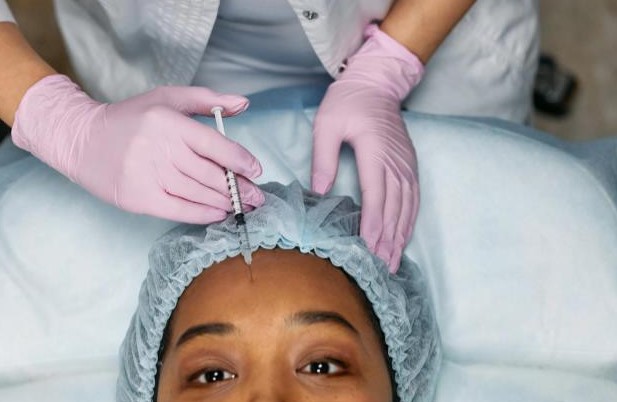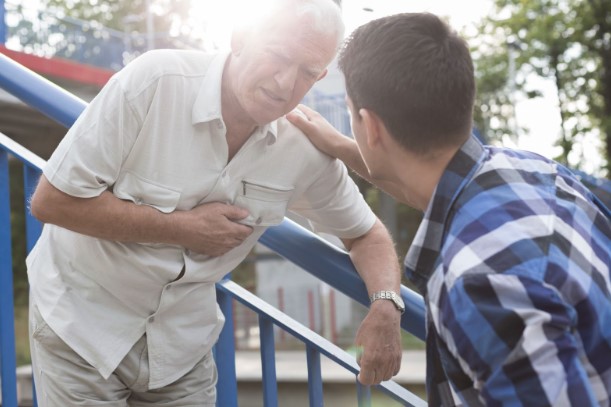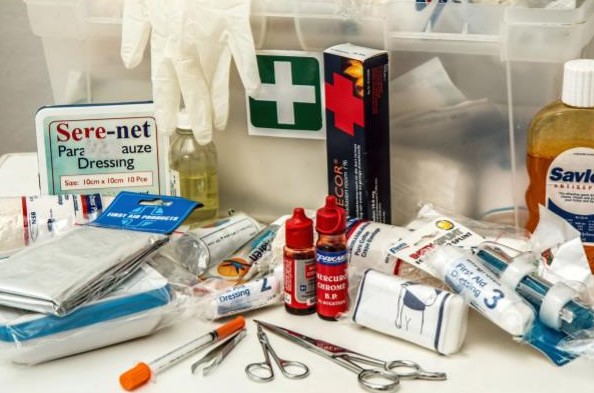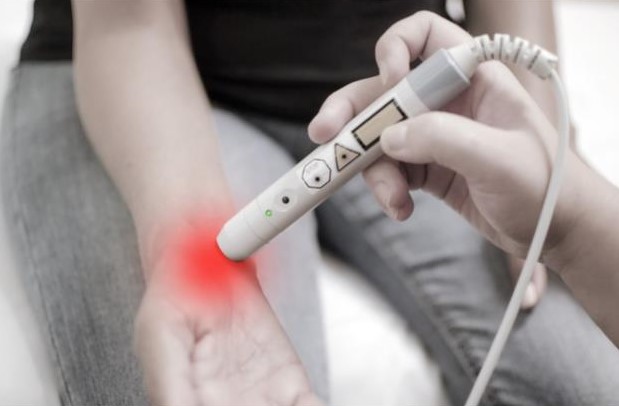07
Sep 2018
Suicide Awareness and Antidepressant Drugs
Published in General on September 07, 2018
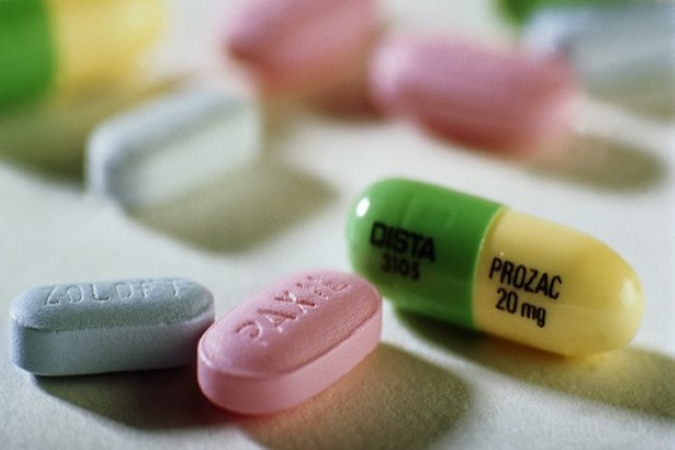
Every September, professionals, citizens, and survivors take time to bring attention and awareness to suicide through World Suicide Prevention Day. According to the World Health Organization, 800,000 people worldwide die from suicide each year and many, many more attempt suicide. It is the leading cause of death around the world in people between the ages of 15 and 29. Recognition of these facts is important but so is awareness about the antidepressant drugs so often used to try to treat depression and prevent suicide.
Antidepressants
Suicide is not always caused by depression, but suicidal thoughts and behaviours are common symptoms of this mental illness. Effective treatment of depression can prevent deaths from suicide and improve quality of life. Treatment often involves antidepressant medications but a comprehensive plan also includes therapy and other strategies. There are a few different types of antidepressant drugs:
- Selective Serotonin Reuptake Inhibitors (SSRIs) - SSRIs are most commonly prescribed because they generally cause fewer side effects. Examples include Paxil, Prozac, and Zoloft.
- Serotonin and Norepinephrine Reuptake Inhibitors (SNRIs) - SNRIs are the second most commonly prescribed, also because of the lower risk of side effects. These include Effexor and Cymbalta.
- Atypical Antidepressants - Any medication for depression that doesn’t fit into another category is atypical. These include Wellbutrin and Remeron.
- Monoamine Oxidase Inhibitors (MAOIs) and Tricyclic Antidepressants - These older types of antidepressants cause many more and worse side effects than the others, and are generally only prescribed when other medications have not helped.
Side Effects of Antidepressants
Antidepressants have helped many people struggling with this mental illness, but they also cause side effects, some of which are serious. Both SSRIs and SNRIs can cause insomnia, anxiety, nausea, restlessness, sexual dysfunction, headaches, constipation, dry mouth, fatigue, tremors, diarrhea, weight loss, and dizziness.
Many of the atypical antidepressants cause blurred vision, nervousness, weight gain, fatigue, nausea, and dry mouth. Older antidepressants, including tricyclics and MAOIs may cause similar side effects but also stomach cramps, irregular heartbeat, seizures, pressure on the eyes, rashes, fainting, and high blood pressure.
Antidepressants and the Risk of Increased Suicidal Thoughts
Successfully treating and managing depression is an important way to prevent suicides. However, recent research has found that antidepressants may actually increase the risk of suicidal thoughts and behaviours in some people. All of these types of medications now carry a warning that they can raise the risk of suicide in children, teens, and young adults up to the age of about 25.
Even more recently a study reviewed 70 other studies and concluded that the risk is greater than was previously believed. It was the most comprehensive and complete analysis of the link between antidepressant use and suicide. The study found that pharmaceutical companies have underreported the potential harm of antidepressant use in teens and children. According to The Royal Children’s Hospital suicide is a leading cause of death among young people, second only to motor vehicle accidents.
By looking at clinical trials the study’s authors found that the thoughts of suicide and suicidal actions doubled in the young people who were taking the antidepressants. They found that information about individual suicide attempts in clinical trials was often buried in the ends of trial reports that were never emphasized in the final results.
Preventing suicide is crucial, but antidepressants can cause harm as well as hope. Young people may be at a greater risk of increased suicidal ideation than previously believed, and this means that new ways of lowering suicide rates are necessary. Some young people may benefit from antidepressants, including reducing suicidal thoughts, but for others, the risks are too great. More awareness for this issue and for suicide, in general, will help take the stigma out of mental illness and hopefully lead to more people reaching out for assistance.


